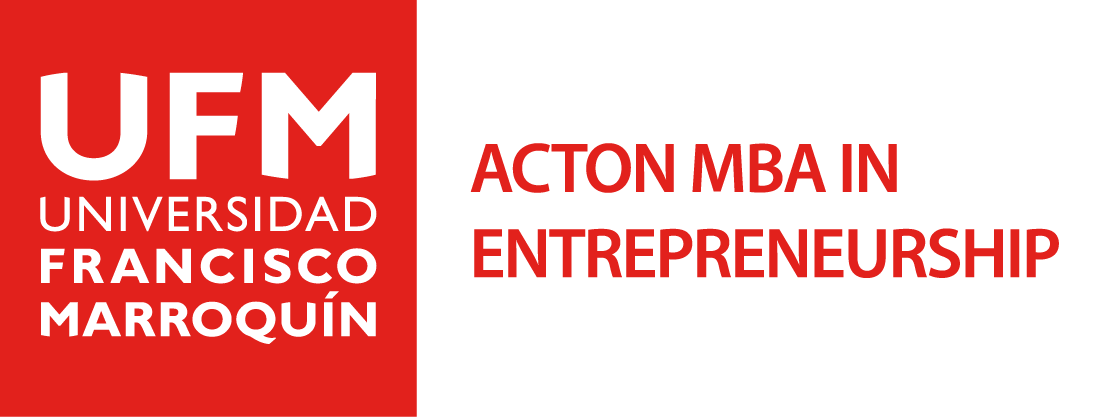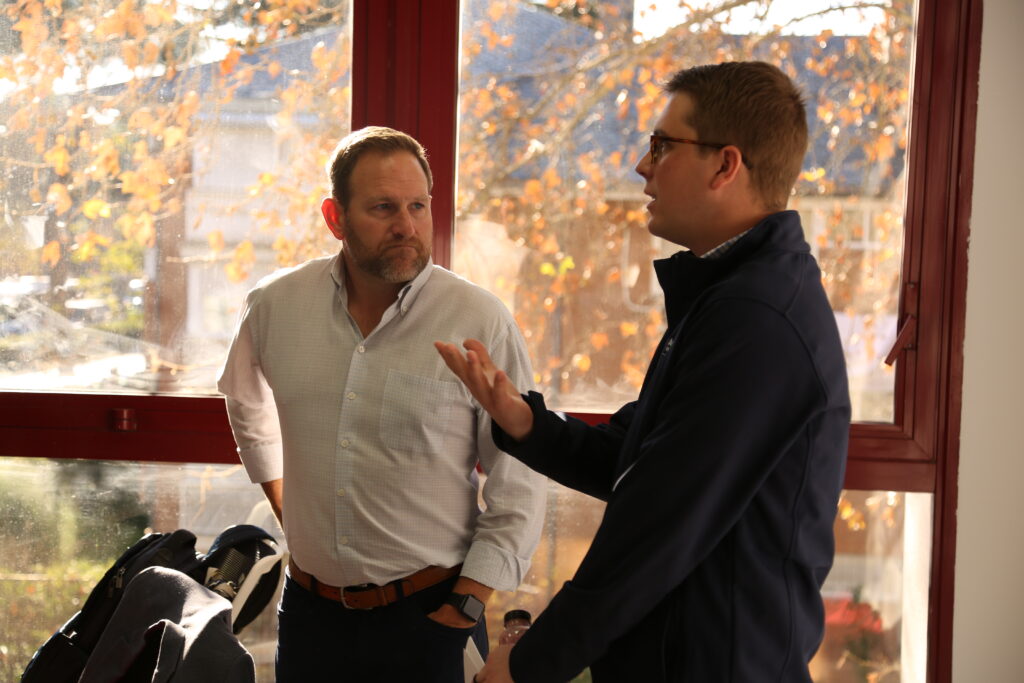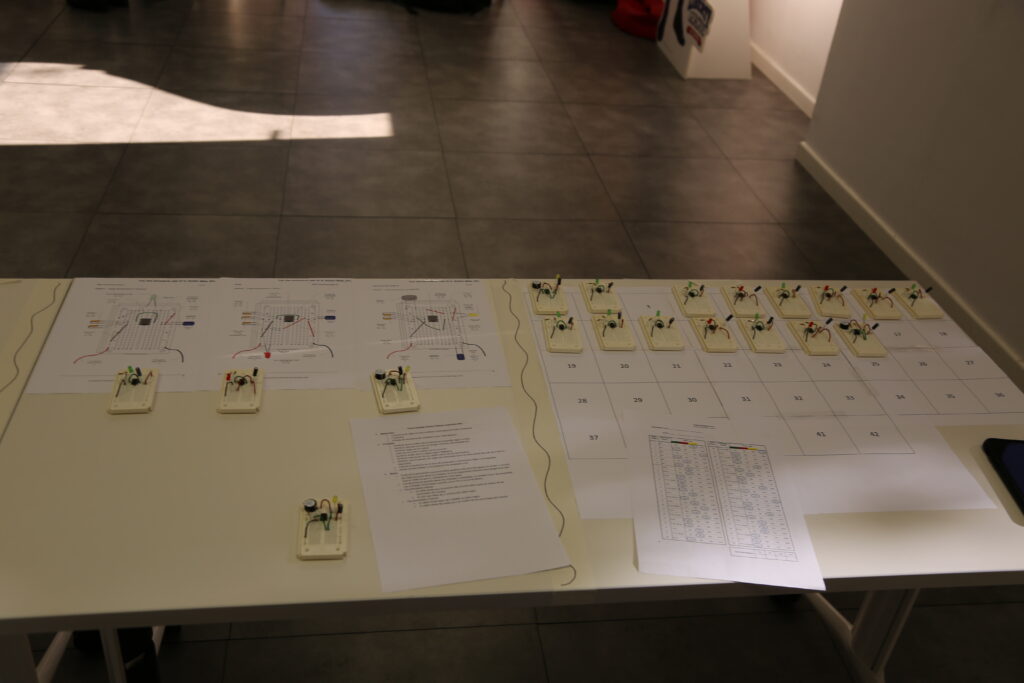Even the Best Ideas Are Cheap, but Execution and Lessons Learned Are Priceless
JANUARY 18, 2017
If you can’t deliver the right product or service to the right customer in a way that is better, faster, or cheaper than your competitors—and in a way that is difficult to copy—then your business won’t be around long.
Over the past few weeks I’ve been writing about the myths and misconceptions created by the start-up world’s fascination with “launches.” As I mentioned in the first article on this topic, while launches may have their strategic value, they should be seen as just one step in a series of validations and deliberate trial-and-error experiments in service of maximizing customer value and company profits.
There’s a good reason for taking this mentality and not buying into the hype around your launch. We see launches as the manifestation of our brilliant idea, of finally putting our product out into the world, and are naturally drawn to the emotional rush of attention.
Yet this myth of the “brilliant idea” actually distorts the reality of how great companies evolve, it de-emphasizes the importance of dogged execution, and too often it will hold entrepreneurs hostage without allowing them to experiment and follow more evidence-based opportunities.
It’s at best a half-truth that all good businesses are launched by a good idea. In fact, ideas are cheap. Good ideas are rarer, but still of little value in and of themselves in the end. It’s execution that matters most.
If you can’t deliver the right product or service to the right customer in a way that is better, faster, or cheaper than your competitors—and in a way that is difficult to copy—then your business won’t be around long.
This is why the emphasis on launches can often lead entrepreneurs astray. The big crescendo too often is about the manifestation of an idea rather than the validation of that idea. Even more valuable for a business than a new idea is being able to quickly, and cheaply, execute, test, and evolve an idea. Better yet, what if you learned how to quickly kill ineffective ideas?
Read the rest of Robin’s post here on Forbes.
——–










